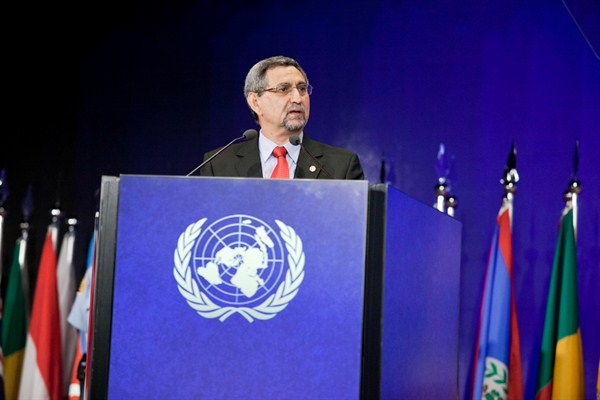On Oct. 2, Cape Verde’s president, Jorge Carlos Fonseca easily won re-election with 74 percent of the vote, an unsurprising result given victories by his party, the Movement for Democracy, in legislative and municipal elections earlier this year. In an email interview, Lydia Beuman, a postdoctoral fellow at Dublin City University, discusses politics in Cape Verde.
WPR: What were the main issues that dominated the recent presidential election in Cape Verde?
Lydia Beuman: The constitution of Cape Verde defines the president as the head of state and the guardian of the constitution. The president has limited executive powers but can, for instance, block legislation when it undermines the national interest. Because of this, the presidential candidates’ platforms did not focus on specific policy priorities, but instead on the importance of the president’s role as a neutral and moderating power that can defend the constitution and the interests of the citizens of Cape Verde. During the campaign, the three presidential candidates promised to serve the people and support democratic development. Fonseca, the incumbent, used the slogan “A president always close to the people;” independent candidate Albertino Graca said he was “truly from the people;” and Joaquim Monteiro, also an independent, called himself the candidate “of the people, with the people and for the people.” All three stressed their commitment to combating poverty and economic inequality. Graca and Monteiro claimed that only an independent president could serve the common good rather than party interests, and warned of a “hegemonic power” if Fonseca were re-elected, which would give his party control of both the National Assembly and the presidency.

